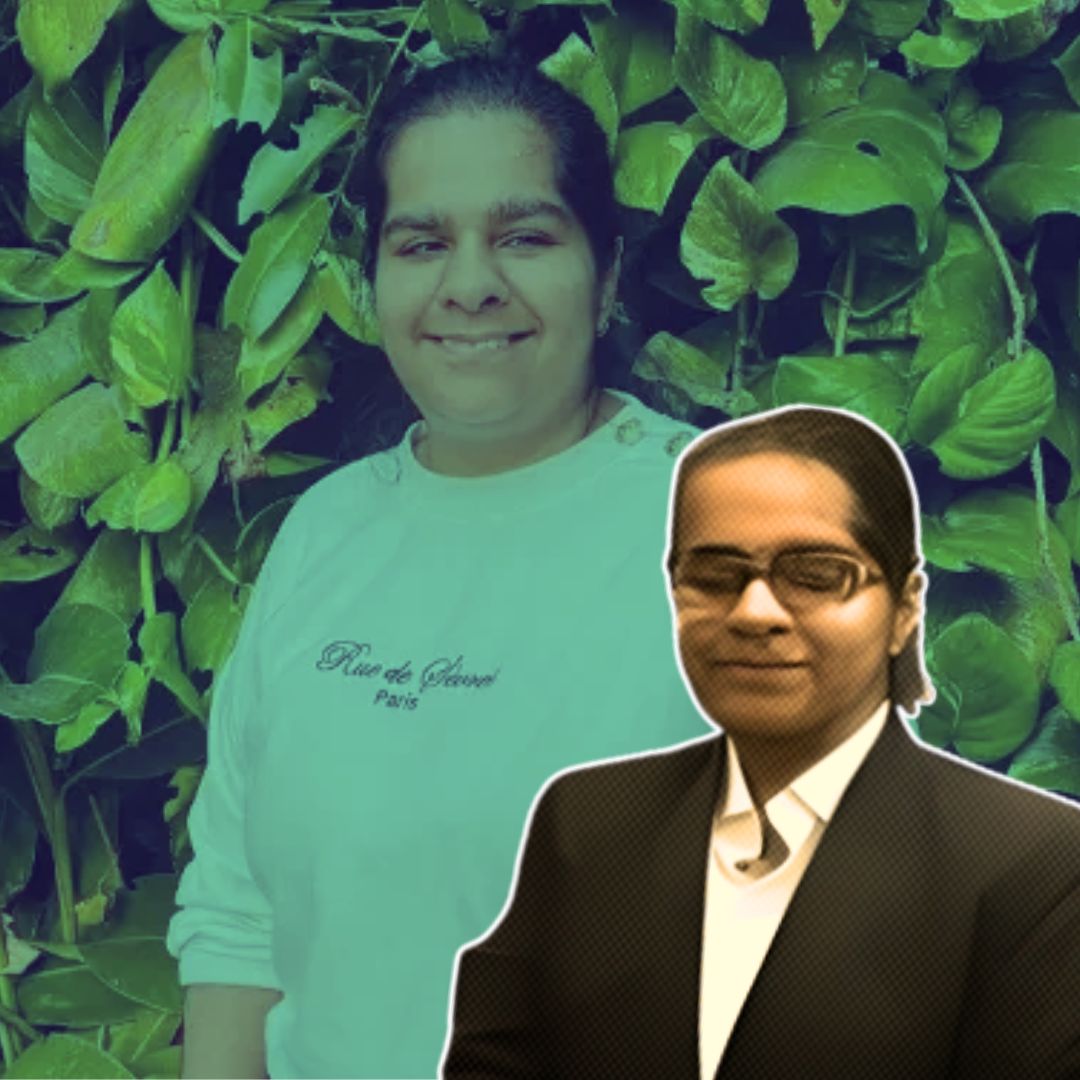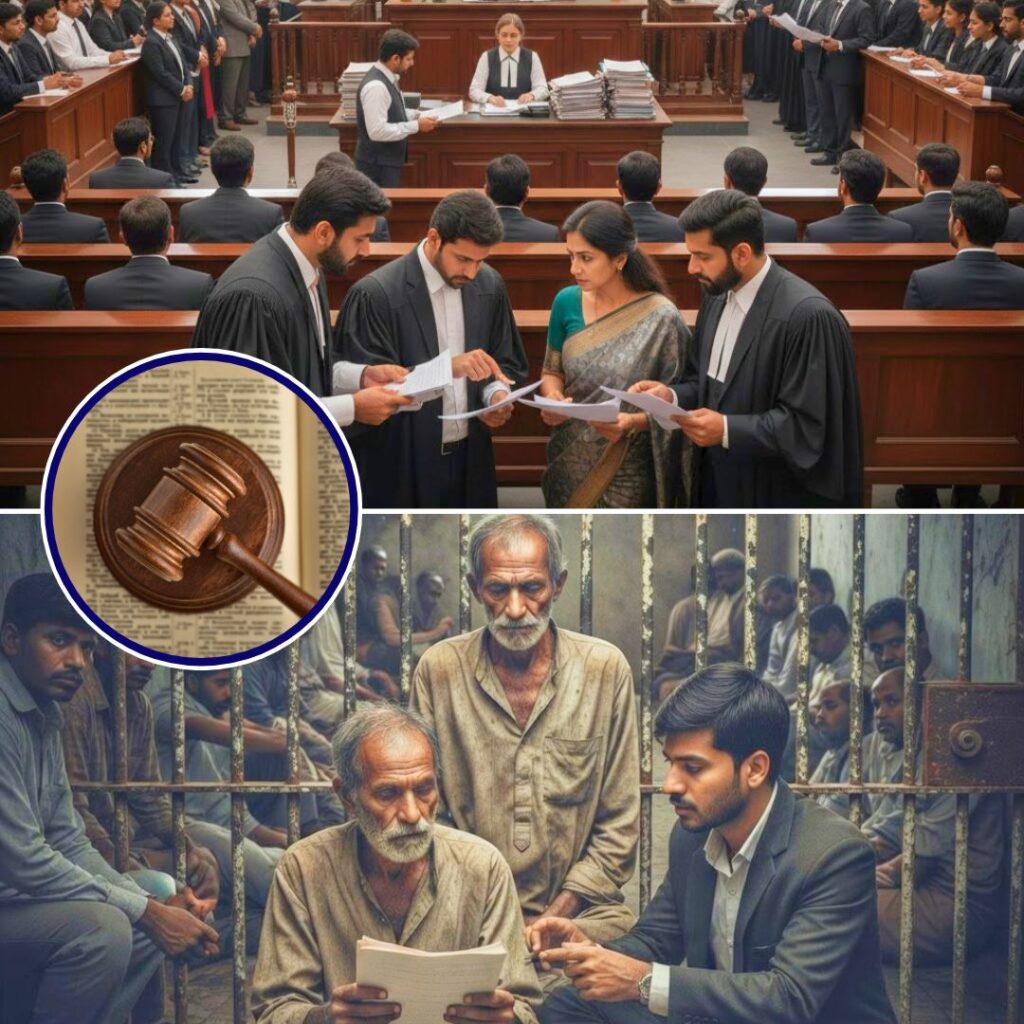On June 6, 2025, the Supreme Court of India witnessed a historic moment as Aanchal Bhateja became the first blind woman advocate to argue a case before the apex court. Representing a petitioner with 100% visual impairment, she challenged the Uttarakhand Judicial Service (Civil Judge – Junior Division) recruitment notification, which excluded blindness and several other disabilities from the reserved categories.
The case, heard by Justices Sanjay Karol and SC Sharma, has sparked renewed discussions on disability rights, inclusion, and equal opportunity within India’s judicial system.
Aanchal Bhateja: A Trailblazer Defying Odds
Aanchal Bhateja’s journey is nothing short of inspirational. Born with weak vision due to complications during birth, she lost her eyesight completely due to Retinopathy of Prematurity (ROP) just before her board exams. Despite this life-altering challenge, Bhateja refused to let her blindness define or limit her ambitions. She adapted by using audiobooks and assistive technologies to continue her education.
Demonstrating remarkable determination, she cleared the highly competitive Common Law Admission Test (CLAT) and became the first visually impaired student admitted to the prestigious National Law School of India University (NLSIU), Bengaluru, graduating in 2023.
Bhateja’s debut appearance before the Supreme Court on June 6 was historic not only for her personal achievement but also as a powerful symbol of inclusion in a profession often seen as inaccessible to persons with disabilities. Reflecting on her experience, she said, “I’m proud to be here — proud to take up space that was never designed with someone like me in mind.
But I also wish I weren’t the first. I wish the path had already been walked many times over. Visibility matters. Access matters. And systemic change takes time — but moments like this are reminders that we’re moving, however slowly, in the right direction.”
The Case: Challenging Exclusion in Judicial Recruitment
The case Bhateja argued challenges the Uttarakhand Judicial Service’s recruitment notification dated May 16, 2025, which reserved posts for Persons with Benchmark Disabilities (PwBD) but limited eligibility to only four subcategories — leprosy cured, acid attack victims, muscular dystrophy, and cerebral palsy — excluding blindness and other disabilities.
The petitioner contends that this narrow categorization violates Section 34 of the Rights of Persons with Disabilities Act, 2016, which mandates equal opportunity and reasonable accommodation for all persons with disabilities.
The petition also highlights the denial of reasonable accommodations, such as the refusal to provide a scribe for visually impaired candidates during exams, and challenges domicile restrictions that disproportionately affect PwBD applicants.
Filed with the assistance of Advocate-on-Record Vikram Hegde, the petition names the Uttarakhand Public Service Commission, Registrar General of the Uttarakhand High Court, and the State’s Department of Social Welfare as respondents. The Supreme Court bench, comprising Justices Sanjay Karol and SC Sharma, has scheduled further hearings on June 9, 2025, to deliberate on the matter.
The Logical Indian’s Perspective
Aanchal Bhateja’s historic Supreme Court appearance is a powerful reminder of the transformative impact of determination and systemic reform. Her journey not only challenges societal stereotypes but also exposes the urgent need for institutions to embrace accessibility and equal opportunity genuinely.
The Logical Indian believes that Bhateja’s story should inspire policymakers, legal institutions, and society at large to accelerate efforts toward dismantling barriers faced by persons with disabilities.
True inclusion requires proactive measures — from revising recruitment policies to ensuring reasonable accommodations are standard practice. As we celebrate this milestone, we must ask ourselves: how can we collectively ensure that such historic ‘firsts’ become everyday realities, reflecting the rich diversity and strength of all Indians?













